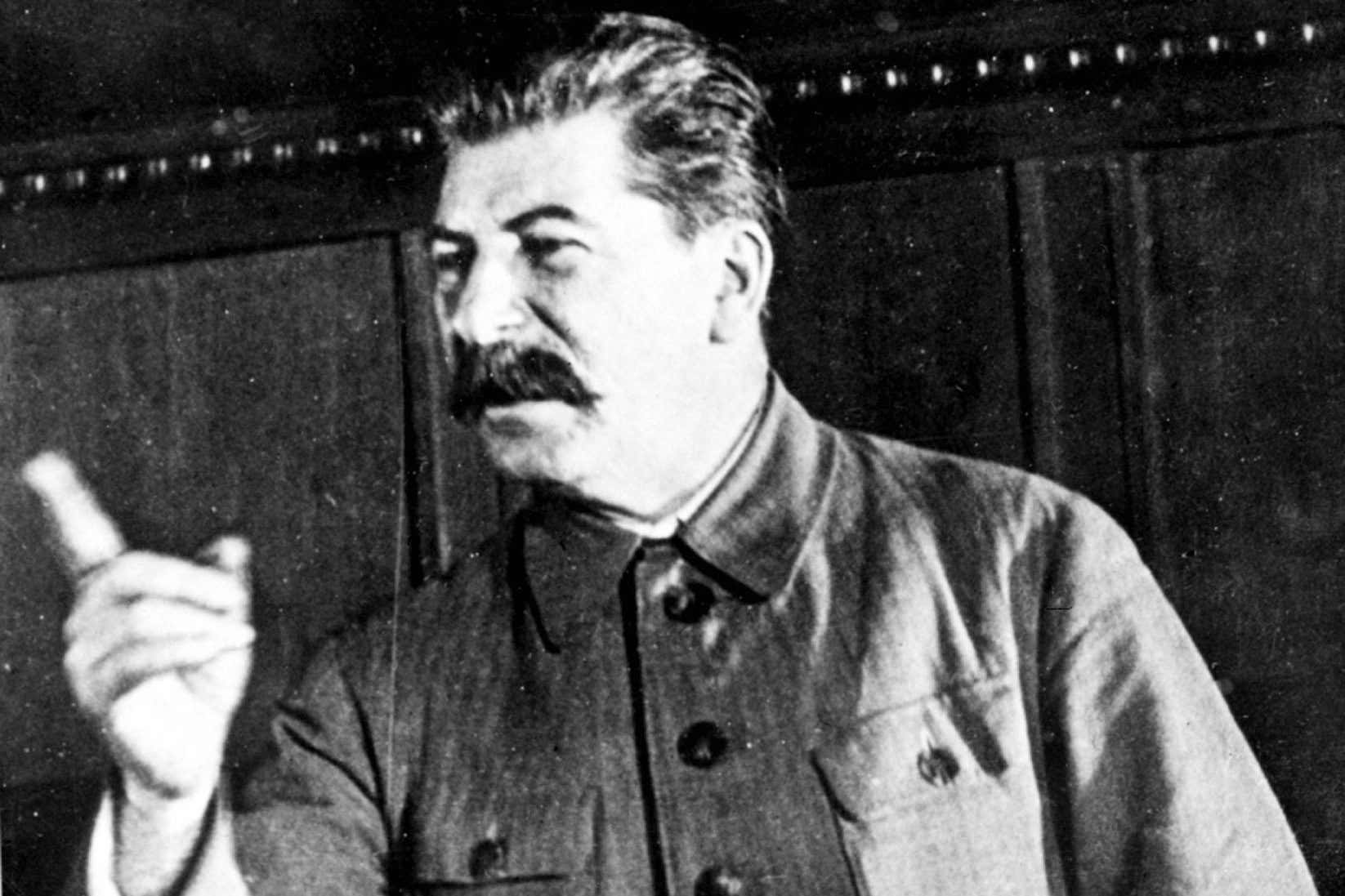Stalin had ‘quality of greatness’ and personal charm, said British diplomat
MI5 had a file on Joseph Stalin, dated from 1920, in which he was described as a ‘revolutionary propagandist’.

Your support helps us to tell the story
From reproductive rights to climate change to Big Tech, The Independent is on the ground when the story is developing. Whether it's investigating the financials of Elon Musk's pro-Trump PAC or producing our latest documentary, 'The A Word', which shines a light on the American women fighting for reproductive rights, we know how important it is to parse out the facts from the messaging.
At such a critical moment in US history, we need reporters on the ground. Your donation allows us to keep sending journalists to speak to both sides of the story.
The Independent is trusted by Americans across the entire political spectrum. And unlike many other quality news outlets, we choose not to lock Americans out of our reporting and analysis with paywalls. We believe quality journalism should be available to everyone, paid for by those who can afford it.
Your support makes all the difference.Former Soviet dictator Joseph Stalin was described by a British diplomat after his death as someone who had “the quality of greatness”.
Sir Alvary Gascoigne hailed the notorious ruler as having had “salty realism, shrewdness and common sense”, in a note to the Foreign Office in March 1953.
The memo, entitled “some of the main facts in Stalin’s life” and released this week among a batch of MI5 files, also highlighted the leader’s sense of humour and charm.
His position was due to his extraordinary tenacity and strength of character, his salty realism, shrewdness and common sense
Sir Alvary, who was British ambassador to the USSR in that period, stated that Stalin had made more enemies than friends in the post-war years due to his “aggressive anti-Western cold war diplomacy”.
But he added that the dictator had “played an outstanding part in the world scene for almost thirty years of this century”.
He went on: “His position was due to his extraordinary tenacity and strength of character, his salty realism, shrewdness and common sense.
“In company he knew how to relieve his normal dourness of manner, with striking flashes of humour and undoubted reserves of personal charm.
“His personality had the quality of greatness, the proof of which is the way in which he transformed Russia from a backward semi-agrarian country into a military-industrial State of first importance.”
MI5 had a file on Stalin, dated from 1920, in which he was described as a “revolutionary propagandist”.
The documents, released by the National Archives, are available to view in digitised form at https://www.nationalarchives.gov.uk/